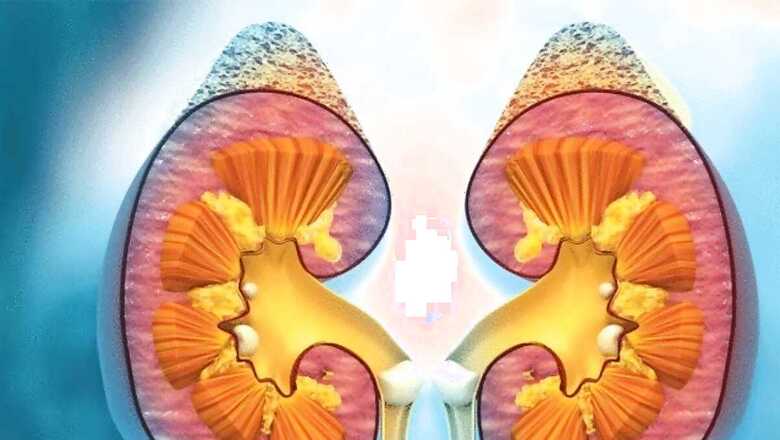
views
A kidney transplant is a surgical procedure where a healthy kidney from a donor is placed into a patient whose kidneys are no longer functioning properly. This life-saving treatment is often recommended for patients with end-stage renal disease (ESRD), where the kidneys can no longer filter waste and maintain the body’s fluid balance effectively. Dr. Adittya K. Sharma, Director & Head – Urology, Andrology, Kidney Transplant & Robotic Uro-Oncology, Max Super Specialty Hospital Gomti Nagar Lucknow shares all you need to know:
Why Consider a Kidney Transplant?
For patients with ESRD, dialysis is a common treatment that can manage symptoms and prolong life. However, dialysis is time-consuming, requires frequent sessions, and can impact quality of life. A kidney transplant offers a more permanent solution, allowing for a more normal lifestyle and often leading to better long-term outcomes compared to dialysis.
The Transplant Process
Post-Transplant Care
Risks and Benefits
While kidney transplants are generally successful, they do carry risks, including surgical complications, infections, and rejection of the new kidney. However, for many patients, the benefits far outweigh the risks, offering an improved quality of life, greater freedom from dialysis, and increased life expectancy.
A kidney transplant is a complex but effective treatment for those with severe kidney disease. By understanding the process and working closely with your healthcare team, you can make informed decisions and improve your chances of a successful outcome.















Comments
0 comment